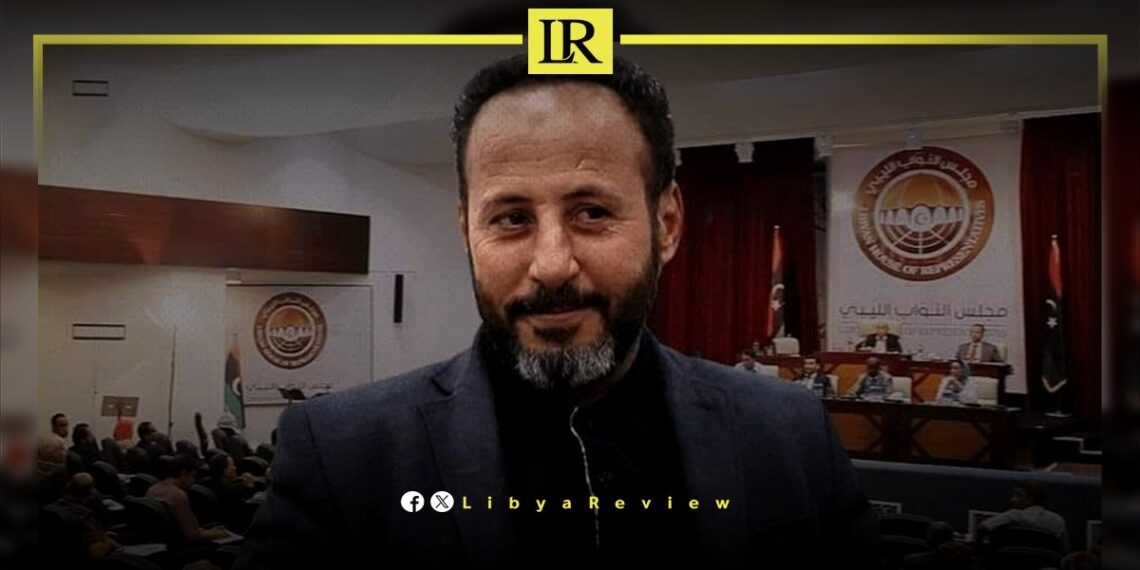Libyan MP Abdul Moneim Al-Arfi has confirmed that the number of candidates for the new government leadership will not exceed seven individuals.
In a statement to the “Al-Raed” platform, Al-Arfi said, “The new government’s task is specifically to oversee the elections and then hand over power. The House of Representatives will set the date for the government formation session and the mechanism for selecting it.”
He added that nominations for the Prime Minister come from the High Council of State, and confidence is granted by the House of Representatives.
He noted that the number of government portfolios will range between 13 and 15, corresponding to the number of electoral districts.
Al-Arfi continued, “All candidates for the prime minister position will present their visions, and there will be no more than six or seven individuals. I am confident they are ready with their nominations, as we have been working on forming a new government for almost a year.
Last week, members of the Libyan House of Representatives and the High Council of State convened in Cairo and agreed to form a unified government.
This crucial decision marks a major step toward ending Libya’s prolonged political crisis. The representatives called on the House of Representatives to open the process for candidacies, receive endorsements, and review candidates’ files to establish a “Government of Competence” that will oversee the country’s affairs.
In their final statement, the attendees underscored the necessity of conducting presidential and legislative elections based on mutually agreed laws issued by the House of Representatives. They emphasized the importance of broadening the circle of consensus and proposed a roadmap as the primary path to completing the essential steps leading to these elections.
The statement also highlighted the critical need to intensify and unify efforts to end the political and institutional division that exacerbates corruption, inflation, and the unprecedented deterioration of citizens’ living conditions. Additionally, they called on the international community to support national consensus, respect Libya’s sovereign decision-making, and ensure the unity and integrity of Libyan territory.


